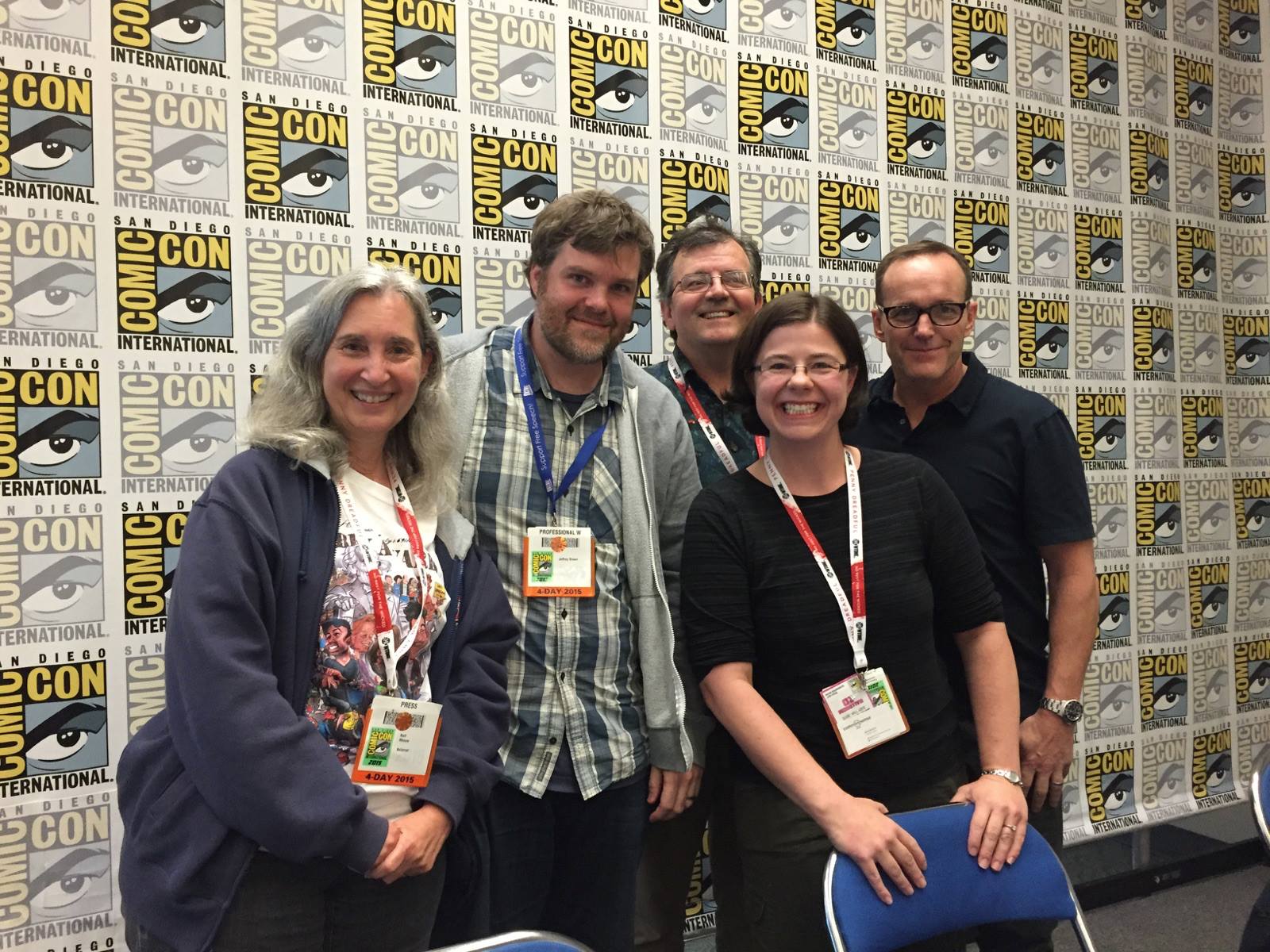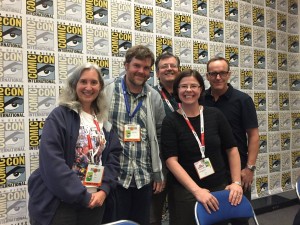An App to Teach Tweens About Online Safety
Posted on July 22, 2015 at 3:41 pm
Common Sense Media has developed Digital Compass to help tweens learn about safety, privacy, and “digital citizenship,” as they begin to go online by themselves and get their first smartphones.
Designed by Common Sense for middle schoolers, this engaging game helps teach the valuable lessons that today’s kids need to thrive in our digital world. It’s an invaluable tool to open up the conversation around digital citizenship between parents and their (almost) teenagers to help kids think about the real-world impact of their online choices.
In this animated, choose-your-own-journey format set in a fictional town called Anywhere, players control their characters’ digital fates by making good and not-so-good decisions. Kids have the freedom to safely experiment with the impact of their choices while keeping their real-life digital reputations intact. Kids will be faced with a number of challenges and lessons that explore safe sharing, copyright rules, and dealing with digital drama.
Go to DigitalCompass.org to get the app (also available in Google Play or the App Store




